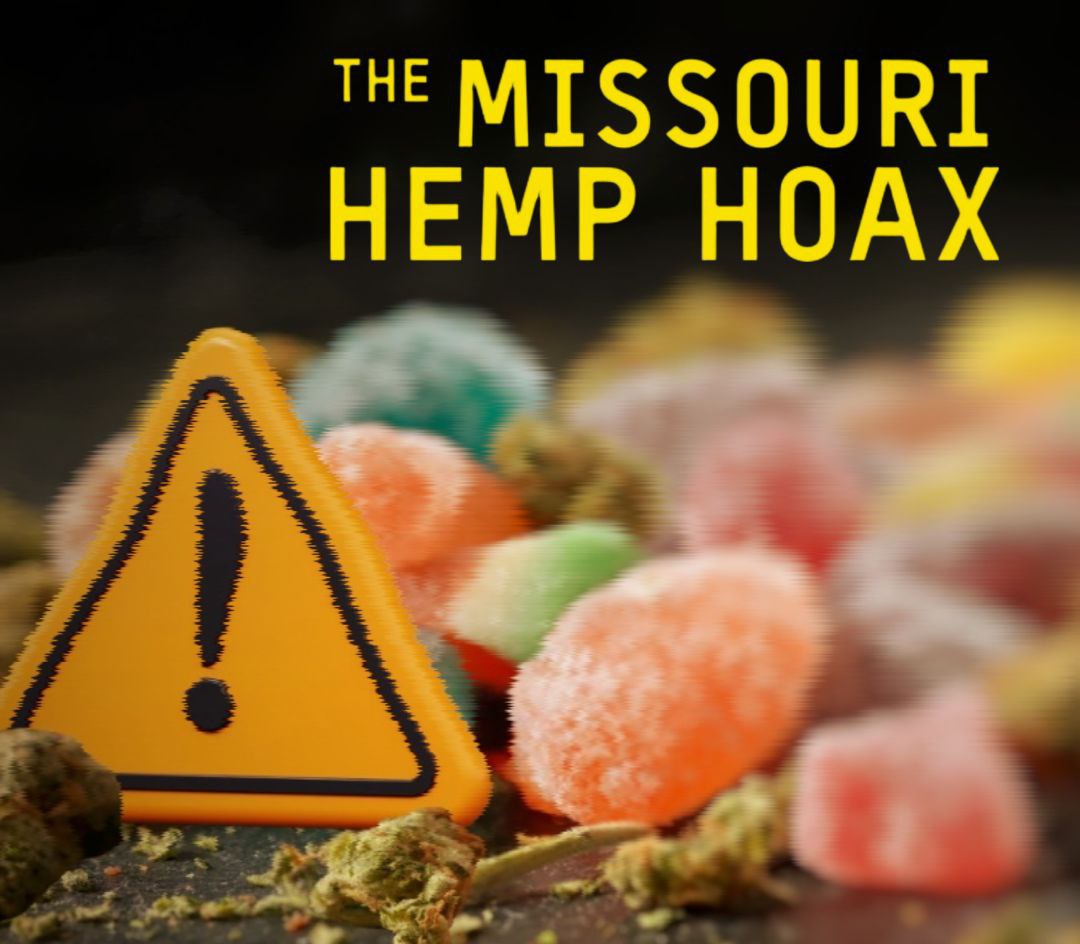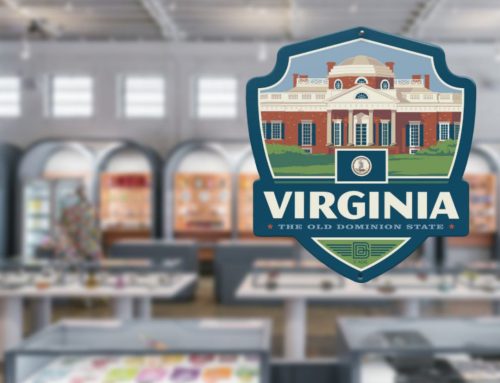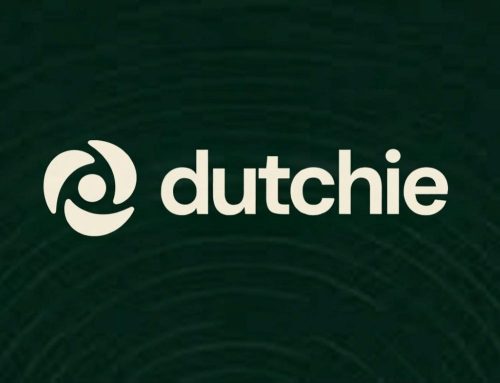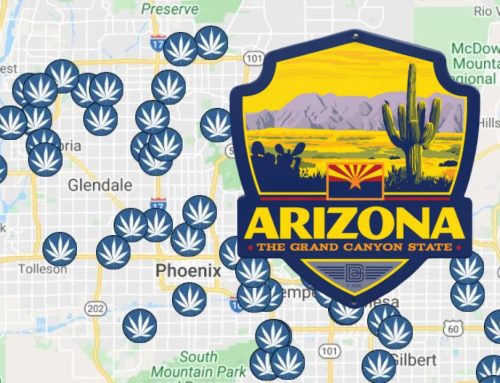Missouri Trade Group Report Finds 96% of Tested Hemp Products Exceed THC Thresholds
KANSAS CITY – A new investigation by the Missouri Cannabis Trade Association (MoCannTrade) has concluded that nearly all hemp-derived products sold at unregulated retailers in the state contain illegal levels of THC, raising questions about consumer safety and market oversight in the $1.2 billion U.S. hemp sector.
The report, titled Missouri Hemp Hoax, details testing on 55 products purchased from smoke shops, gas stations, and self-styled “dispensaries” across Missouri cities including Kansas City, St. Louis, and Springfield. Of those, 53 [or 96%] registered total THC concentrations above the federal 0.3% limit that distinguishes hemp from Cannabis, with levels as high as 89.3% in some flower samples. Products ranged from vapes and gummies to pre-rolls, many labeled as containing THCa or synthetic cannabinoids like Delta-8 and THC-P, which convert to intoxicating THC upon use.
Conducted at three state-licensed labs, the analysis also uncovered contaminants in 29% of samples: nine for pesticides, seven for heavy metals and two for residual solvents. One standout example: a pack of 40 gummies marketed as low-potency hemp tested at over 20,000 milligrams of THC total, equivalent to 2,000 standard adult doses and posing acute risks to children, given the candy-like packaging sold without age checks. Another, a single unregulated THC gummy, packed 1,200 milligrams – more than 40 times a toxic dose for a 30-pound child.
MoCannTrade, which represents licensed cannabis operators, framed the findings as evidence of a nationwide deception exploiting a loophole in the 2018 Farm Bill. “These retailers are selling untested, untaxed Cannabis under the hemp banner, shortchanging public health and state coffers,” said the group’s executive director in a statement accompanying the report. Missouri’s legal Cannabis market generated $240 million in tax revenue last year, funds that support veterans’ programs and substance abuse initiatives – revenue the group argues is undermined by off-the-books hemp sales.
The numbers paint a stark picture. At an average price of $25 per product, the tested items alone suggest a shadow economy peddling potency far beyond federal allowances, often sourced from out-of-state or overseas suppliers rather than Missouri’s modest 550-acre hemp crop. Yet the report’s scope invites scrutiny: its samples come from 20 retailers, a fraction of the thousands statewide, and were selected by an industry player with stakes in channeling sales toward regulated channels. No immediate pushback has emerged from hemp advocates, though the timing underscores tensions between innovation in cannabinoid derivatives and calls for tighter controls.
For Missouri’s almost 6.3 million residents, the takeaways are practical: labels promising “hemp” compliance often fall short, leaving buyers to navigate a patchwork of potency and purity.
Missouri’s enforcement has stepped up in 2025 with targeted actions, including June cease-and-desist letters from the Attorney General to 18 companies over THCA violations and Senate Bill 518’s August school-proximity ban for new retailers, though a spring push to regulate hemp THC beverages stalled amid filibuster. New AG Catherine Hanaway, sworn in this fall, vows to use full authority against the unchecked $75 million hemp THC beverage trade, prioritizing low-key checks over raids but straining against thousands of outlets. Local efforts vary, with St. Louis tightening rules while county bans fizzle, buying time for federal input on synthetics yet leaving much shadow activity intact without scaled-up penalties.
Ultimately, this episode highlights a core friction in Cannabis commerce: the hemp loophole, born of 2018 reforms, now strains against rising evidence of misuse. Without federal clarification on synthetics, states like Missouri may lean toward outright bans, which would further tilt the field toward licensed participants playing fairly. Operators and investors would do well to monitor legislative hearings set for early 2026, a chance to recalibrate rules that protect without stifling a market still projected to hit $4.4 billion nationally by 2029.




































